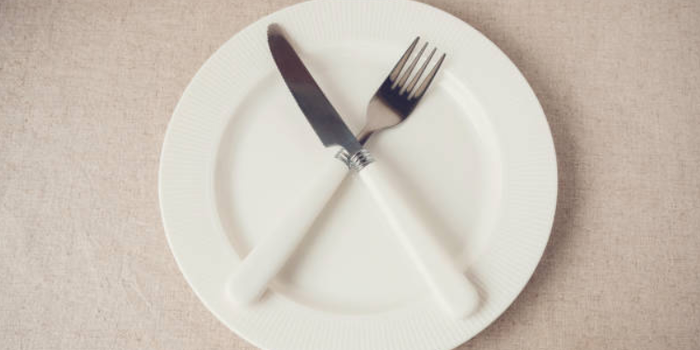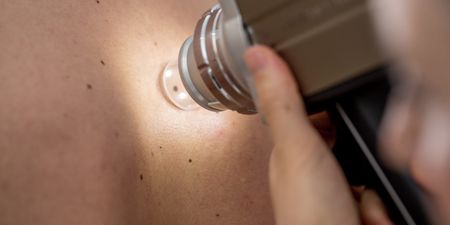Surely if it’s good for our insides, it’s good for our skin too!
Researchers from Duke University analysed data regarding 220 people—whose average age was 38 and all of whom retained a healthy weight. Of these, 145 had their calorie intake restricted by 25 percent, while the rest were lucky enough to simply carry on with their usual eating habits.
Those conducting the study looked at heart, metabolic, lung, kidney and immune system function of all participants. From here, they measured the biological age or ‘internal’ age which, according to the study’s lead author Dr Daniel Belsky is “the gradual and progressive deterioration of systems in the body that occurs with advanced chronological age.”
After 12 months, the findings showed that those who restricted their food intake aged biologically by 0.11 years, whereas those who did not aged by 0.71.
Dr Belsky also said,
“If we can intervene to slow rate of biological ageing, it may be possible to prevent or at least delay onset for many age-related diseases and disabilities.”

Co author Dr William Kraus said: “Interventions to control or counteract ageing are at the forefront of medical research. However, chronological age—the age from birth—is less important than biological age.
“In this study, by applying these measures of physiologic age, we have demonstrated both their value and the apparent value of caloric restriction in slowing the aging process.”
We always new age (chronological) was just a number!





















































